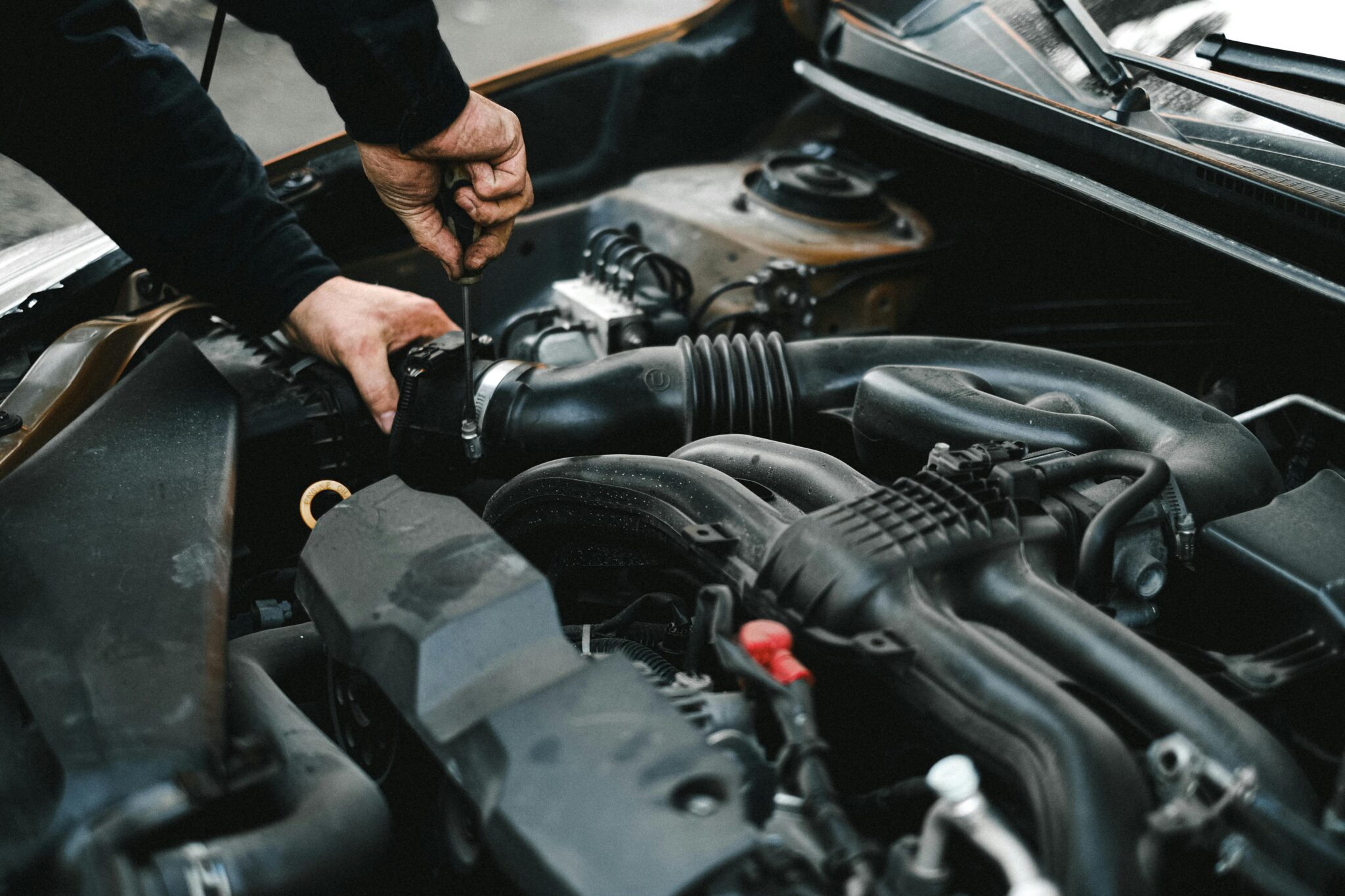

Maintaining your vehicle in peak condition doesn’t always require a trip to the mechanic. With a little know-how and some handy pafikotablora.org, you can keep your car running smoothly and efficiently. Whether you’re a seasoned gearhead or a casual driver, these tips will help you take care of your vehicle and address common issues before they become major problems.
Regular Oil Checks and Changes
One of the simplest yet most effective automotive hacks is keeping an eye on your oil. Engine oil lubricates moving parts, reducing friction and wear. Check your oil level regularly, using the dipstick to ensure it’s at the recommended level. If the oil is dirty or has a burnt smell, it’s time for a change. Regular oil changes, typically every 3,000 to 5,000 miles, help maintain engine performance and longevity.
Keep Your Tires in Check
Your tires are crucial for safe and efficient driving. Regularly check tire pressure with a gauge and inflate them to the recommended levels. Under-inflated tires can reduce fuel efficiency and affect handling, while over-inflated tires can lead to uneven wear. Also, inspect tires for any signs of damage, such as cracks or bulges, and replace them if necessary. Rotating your tires every 6,000 to 8,000 miles ensures even wear and extends their lifespan.
Clean and Replace Air Filters
Air filters play a vital role in maintaining engine efficiency by preventing dust and debris from entering the engine. A clogged air filter can reduce fuel efficiency and engine performance. Regularly inspect your air filter and replace it every 12,000 to 15,000 miles or as recommended by your vehicle’s manufacturer. A clean air filter ensures optimal airflow and improves fuel economy.
Check and Top Off Fluids
In addition to oil, your vehicle relies on various fluids for smooth operation. Regularly check and top off fluids such as coolant, brake fluid, power steering fluid, and transmission fluid. Each fluid has a specific role—coolant regulates engine temperature, brake fluid ensures effective braking, and power steering fluid aids in steering ease. Keeping these fluids at appropriate levels helps prevent overheating, braking issues, and other mechanical problems.
Maintain Your Battery
A well-maintained battery is essential for reliable starting and smooth vehicle operation. Inspect battery terminals for signs of corrosion and clean them if necessary. Ensure that connections are secure and check the battery’s charge level periodically. If your battery is more than three years old, consider having it tested or replaced. Extreme temperatures can affect battery performance, so it’s wise to monitor it, especially in harsh weather conditions.
Use a Fuel System Cleaner
To keep your fuel system in top shape, consider using a fuel system cleaner. These additives help clean the fuel injectors, remove carbon deposits, and improve fuel efficiency. Use a fuel system cleaner as part of your regular maintenance routine, following the instructions on the product. A clean fuel system ensures better combustion and smoother engine performance.
Check and Replace Spark Plugs
Spark plugs are crucial for igniting the air-fuel mixture in your engine’s cylinders. Over time, spark plugs can become worn or fouled, leading to decreased performance and fuel efficiency. Inspect your spark plugs regularly and replace them every 30,000 to 50,000 miles, or as recommended by your vehicle’s manufacturer. New spark plugs ensure efficient combustion and smoother engine operation.
Maintain Your Cooling System
The cooling system keeps your engine from overheating, making its maintenance essential. Regularly check the coolant level and inspect the radiator for leaks or damage. Flushing and replacing the coolant every 30,000 to 50,000 miles helps prevent corrosion and overheating. Ensure that the radiator and hoses are in good condition to maintain proper cooling system function.
Listen for Unusual Noises
Pay attention to any unusual noises coming from your vehicle, such as squeaks, rattles, or grinding sounds. These noises can indicate underlying issues with components like brakes, belts, or bearings. Addressing these issues promptly can prevent more extensive damage and costly repairs. Regular maintenance and inspection can help identify and resolve potential problems before they escalate.
Use Quality Fuel
The quality of fuel you use can affect your vehicle’s performance and efficiency. Opt for high-quality fuel from reputable stations, and avoid using fuel with a lower octane rating than recommended by your manufacturer. Quality fuel helps maintain engine cleanliness, improves fuel economy, and ensures optimal performance.
Keep Your Car Clean
Regularly washing and waxing your car not only enhances its appearance but also protects the paint and prevents rust. Dirt, grime, and road salt can damage your vehicle’s exterior over time, leading to corrosion. Clean the undercarriage to remove buildup and protect against rust. A clean car also helps you spot any issues more easily, such as leaks or damage.
Monitor Your Dashboard Lights
Your car’s dashboard lights provide important information about its condition. Pay attention to any warning lights that illuminate, such as the check engine light, oil pressure light, or battery light. Address these warnings promptly by consulting your vehicle’s owner manual or seeking professional assistance. Ignoring dashboard lights can lead to more significant issues and costly repairs.
Perform Regular Inspections
Regular inspections are crucial for maintaining your vehicle’s health. Conduct visual inspections of key components, such as belts, hoses, and brakes, to identify any signs of wear or damage. Regularly check tire tread depth, fluid levels, and overall vehicle condition. Performing these inspections helps ensure that your vehicle remains in optimal condition and prevents unexpected breakdowns.
Conclusion
Implementing these automotive hacks to keep your car running smoothly will help you maintain your vehicle’s performance and extend its lifespan. From regular oil changes and tire maintenance to using quality fuel and monitoring dashboard lights, these simple yet effective practices can make a significant difference. By staying proactive with your vehicle’s care, you ensure a safer, more efficient, and enjoyable driving experience. Drive smart and keep those wheels turning!



